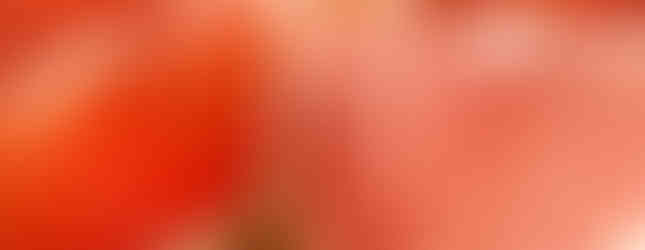Do adults need Antioxidants?
- Belinda Leow | Nutrition Plan X
- Aug 1, 2024
- 4 min read
Updated: May 6
What are Antioxidants
Antioxidants include vitamins, minerals and polyphenols. The familiar ones include:
Vitamin D (fat soluble vitamin)
Vitamin E (fat soluble vitamin)
Beta-carotene and other carotenoids
Selenium
Manganese
Copper
Anthocyanins
Common Food Sources of Antioxidants
Those who are at risk of having poor antioxidant intakes include:
Those who restrict their energy intakes
Following a low-fat diet for a long period of time. As most vitamins that are considered antioxidants are fat soluble, following a low-fat diet would prevent us from absorbing the antioxidants.
Those who don't eat vegetables
Those who don't eat fruits
Those who don't eat wholegrains
Why do we need Antioxidants
They play important roles in protecting cell membranes from damages made by stresses. It is also good for brain health. The brain is usually vulnerable to oxidative stresses which occurs when free radicals accumulate in large amounts in the body.
Stresses include:
The environment (e.g. excess UV light, in high altitude, haze, smoking, second-hand smoking),
Occasional exercising,
Damaged muscles including exercise-induced muscle damages
Being on a high fat diet,
Taking alcohol
Being injured,
When you fall sick
Being overweight/obese, etc.
When you stress your body for a long period of time, it can negatively affect your physical and mental health.
How do I enhance my ability to handle the oxidative stresses?
When exercising
Although occasional exercise is known to increase the level of oxidative stresses in the body, it will increase the function of the body's antioxidant system. Constantly exercising helps develop our antioxidant system in the body. This is why well-trained athletes may have a more developed endogenous antioxidant system than a less active individual.
The environment
Where possible, avoid staying in places with cigarette smoke, pesticide and other places that contain smoke/soot/ haze. These air-borne substances can affect your lungs and increase the oxidative stress. You would need to include antioxidants-rich foods in your meals to handle the oxidative stress.
Avoid being in the sun for too long. For the skin to make some Vitamin D (an antioxidant) from the Sun, you just need sun exposure of about 5 to 10min (duration depends on the amount of melatonin in your skin e.g. pale coloured skin requires lesser duration in the sun). Anything longer than what is stated may cause sun burn which may cause oxidative stress. When you do have sun burn, try to focus more on adding antioxidant-rich foods into your meal plan on top of the usual procedure to treat the sun burn)
Thinking of climbing a mountain? Flying long distance? You may experience some oxidative stress due to the high altitude. Try to look for packaged snacks such as dried prunes at the airport to bring up the plane/ before climbing the mountain. When you bring these snacks on the flight, please make sure that you finish the snacks before touchdown as not every country would allow these snacks to be brought into the country.
Eating out
Try to minimize the frequency of going to food establishments that sells high fat foods and to "fast food" establishments. Constantly consuming high fat foods and low nutritional quality meals can increase oxidative stress.
Taking too much alcohol can increase oxidative stress. The liver can be on overdrive trying to get rid of the excess alcohol in the system. So how much is too much?
Amount of Standard drinks/day
To know what 1 standard drink is, stay tune to the next article!
Weight
Being Overweight/obese promotes the chronic low-grade inflammation which permanently increase the level of oxidative stress. Try to be managing your weight but just don't use fad diets. Most fad diets can make the level of oxidative stress worse. Why not get a nutritionally balanced diet instead? It contains colourful vegetables and fruits which include antioxidants.
Do I need antioxidant supplements?
It is not needed when you are trying to adapt to exercise and when you have exercise-induced muscle soreness.
The safest and most effective dietary strategy to help with muscle soreness and to handle the day-to-day stresses is to consume meals that contain antioxidant-rich foods.
The only time to take supplement is to reverse a pre-existing deficiency. Rather than self-diagnosing the need for supplements:
Do a nutrition screening where we will assess your dietary practices and habits to screen your dietary status
If we suspect that you are deficient, you will need to seek your medical doctor to get the blood test.
While you are waiting for your blood test, your meals are to be amended
If results states that you are deficient, supplements may be prescribed to you by the doctor
Key Takeaways
Include antioxidant-rich food in every meal
Oxidative stresses occur in various situations such as environment, overweight/obese, occasional exercising, taking alcohol, being on a high fat diet, having damaged muscles/ muscle soreness, etc.
You don't need antioxidant supplements unless you are deficient
Have a nutritionally balanced diet instead of using a fad diet to manage your weight.
Thinking of getting antioxidant-rich recipes? Register now!





























































Comments